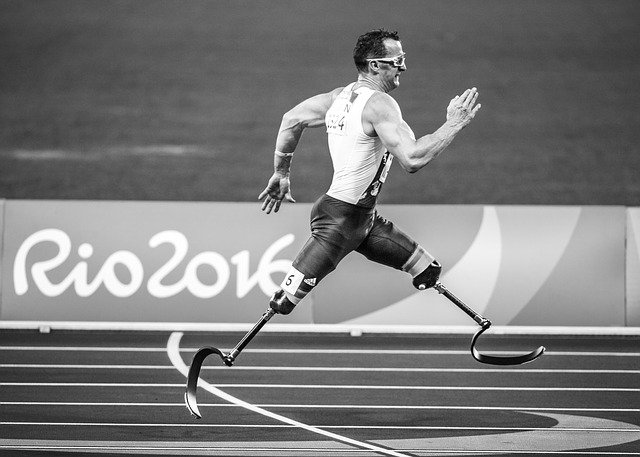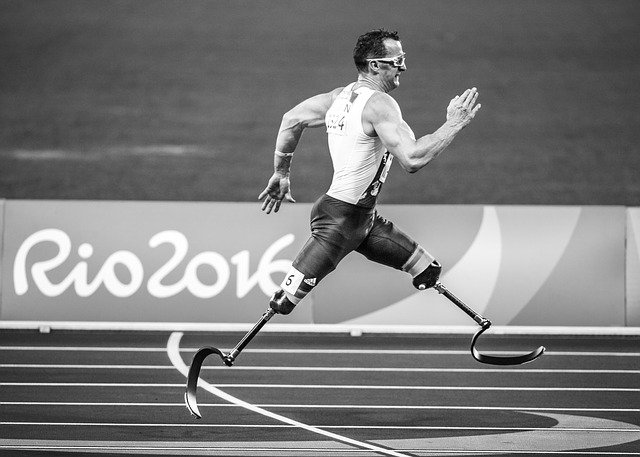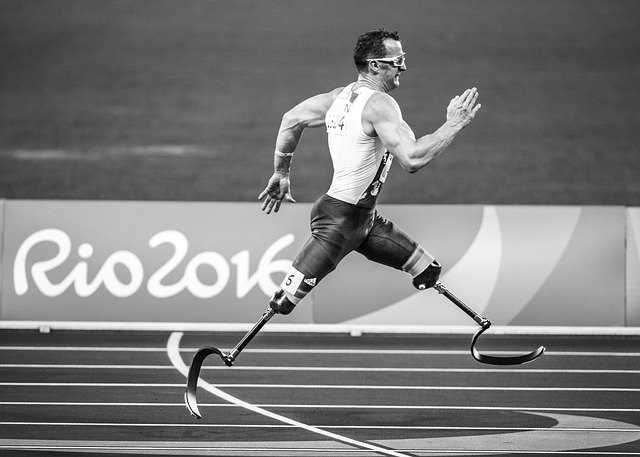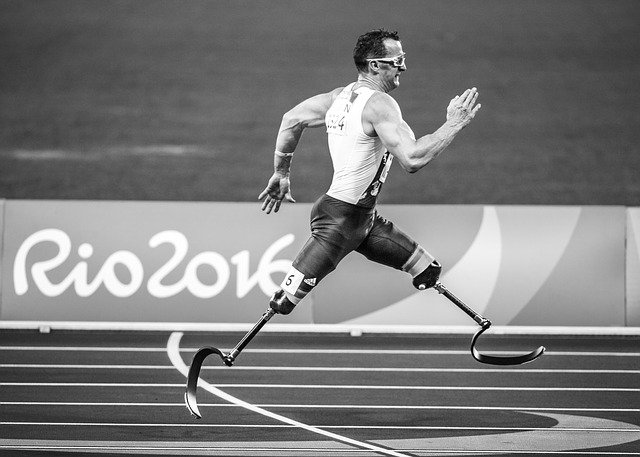The four states of mind is a concept coined by Vishen Lakhaini, the curator of the awesomeness festival and the author of the Codex Mind. The four states of mind is a theory that can give us an insight about our own mindset and more importantly an ability to track ourselves as we work to move from any state of the mind that does not serve us to the one that does.
There are two key elements that must be either in a balance or imbalance in each of the individual four states of mind; those two elements are happiness in the now and a vision for the future. Depending on which side the scale tips you could find yourself in any one of these states of mind. Let’s see what they are:
1. The Negative Spiral
The negative spiral is possibly the most challenging state. In this state, there is no vision for the future and no happiness in the now. When you are stuck in the negative spiral you may suffer from clinical disorders such as anxiety and even depression. Although a small percentage of the population finds themselves in this state for a prolonged period of time, the lower frequency of this state does not diminish the magnitude of its debilitating effects.
2. Current Reality Trap
In the current reality trap you have happiness in the now but you have no vision for the future. This seems like a really good place to be in, where you can find happiness in the now and be content in the moment; however research shows that true fulfillment comes from having a purpose and a mission in life which you work towards through a defined vision. In the long-term you are more likely to be happy and engaged in your life if you have a vision for your future, in addition to being happy in your current circumstances.
3. Stress and Anxiety
The third state is called the stress and anxiety state and this one I believe is where a lot of entrepreneurs find themselves, especially the ones that are just starting out or only a few years in their entrepreneurial journey. Stress and anxiety is where you have no happiness in the now but you do have a vision for the future. In other words, you are not happy in the current moment with what you have and all your focus goes into your vision for the future as you put all your energy working towards that singular goal. As you focus completely on realizing your massive vision you become oblivious to the joys of the journey along the way and in fact become stressed and anxious about not achieving massive results right away.
I know the stress and anxiety state very well. I was stuck in it myself, perpetually chasing happiness, always running towards the next thing and the thing after that but happiness never came. Happiness seemed elusive and out of my reach. I constantly and tirelessly worked towards achieving goals hoping to find happiness once I achieved them, but when I did, happiness evaded me and was nowhere to be found. In this state your vision drives you on a perpetual chase for happiness that starts resembling a witch hunt.
Many entrepreneurs can relate with this feeling as they inch away towards their goals the joy that comes in the moment working towards them seems to escape them all the time. I certainly felt this way for a long time where I just could not find the happiness in whatever I had in the current moment.
4. State of Flow
The fourth one is the most interesting and decadent state of all, the state of flow. In this state you have a vision for the future AND you’re happy in the present moment, the now. The state of flow is an empowered state because here you are able to enjoy all the hard work that you’re doing and enjoy the fruits of your labour by being happy in the current moment. The state of flow is common among people that are the so called “game changers” in the world. The ones that can find themselves being happy in the moment in whatever they have but at the same time, have this grand vision for how they want to see their organizations evolve and in many cases the world.
You may relate with the state of flow as you may have been in flow at one point in your life or are in flow right now at this time of your life. When you are in the state of flow you can feel that everything you touch turns to gold, that everything falls into place, things just line up and whatever you do starts to produce results. The state of flow is a really good place to be in because here you start to see results. This is where you really feel like you’re living a fulfilled life.
If you are in the stress and anxiety state there are many ways to transition into the state of flow, practices and techniques that can successfully bring you into a place where your vision and happiness complement each other in a beautiful balance. Where you have a grand vision for your future and yet enjoy your success in the moment. I will discuss the practices that you can adopt to transition yourself into the sate flow in my next blog post.









